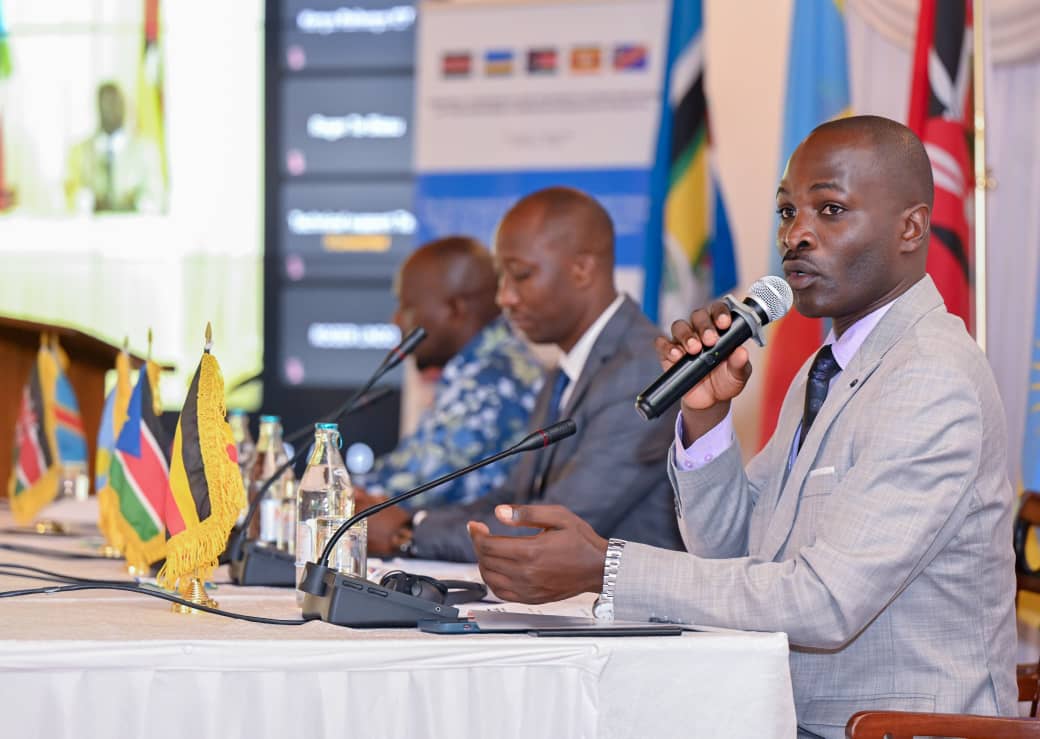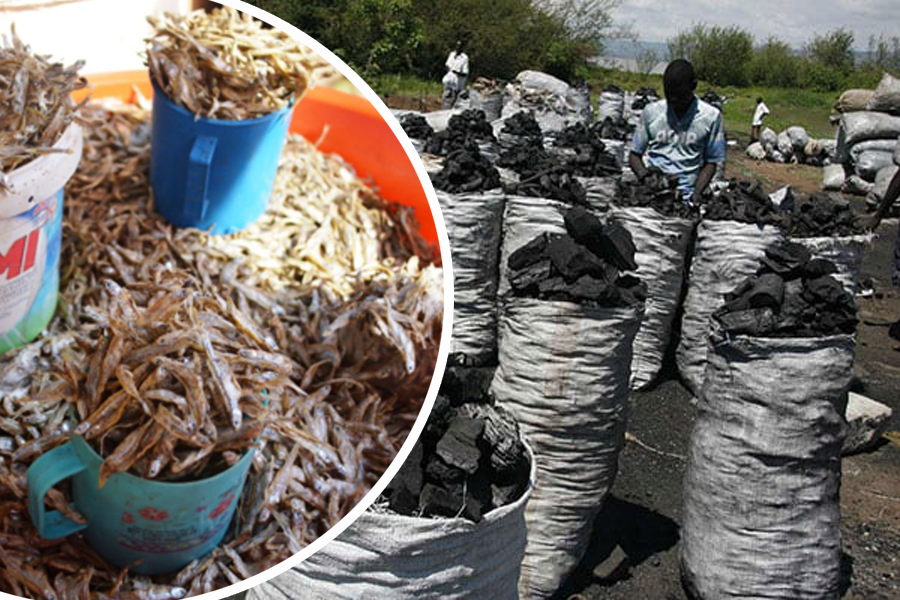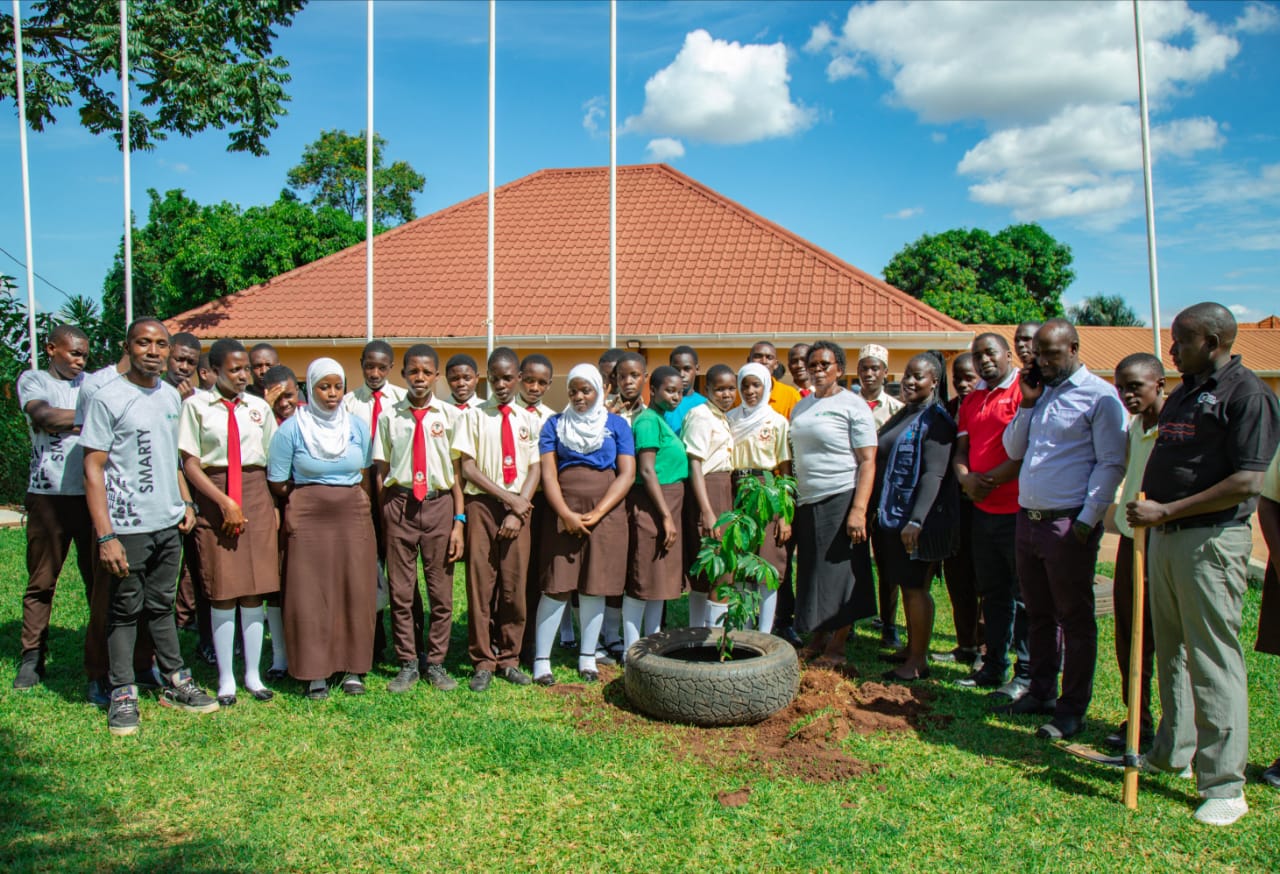Researchers develop ICT system to monitor antibiotic usage in livestock
A group of researchers has created an information, communication, and technology (ICT) system to manage antimicrobial resistance and track antibiotic consumption in livestock, beginning with the chicken business.
The researchers came from COVAB-Makerere University, the International Livestock Research Institute Kenya (ILRI), the University of Nairobi, and the Swedish University of Agriculture Sciences (SLU).
Their breakthrough comes at a time when AMR is becoming a major worldwide health concern.
Antimicrobial resistance occurs when some of the germs (bacteria, viruses, or fungi) that cause infections resist the actions of the medications used to treat them. This may result in 'treatment failure,' or the inability to treat the source of the infection.
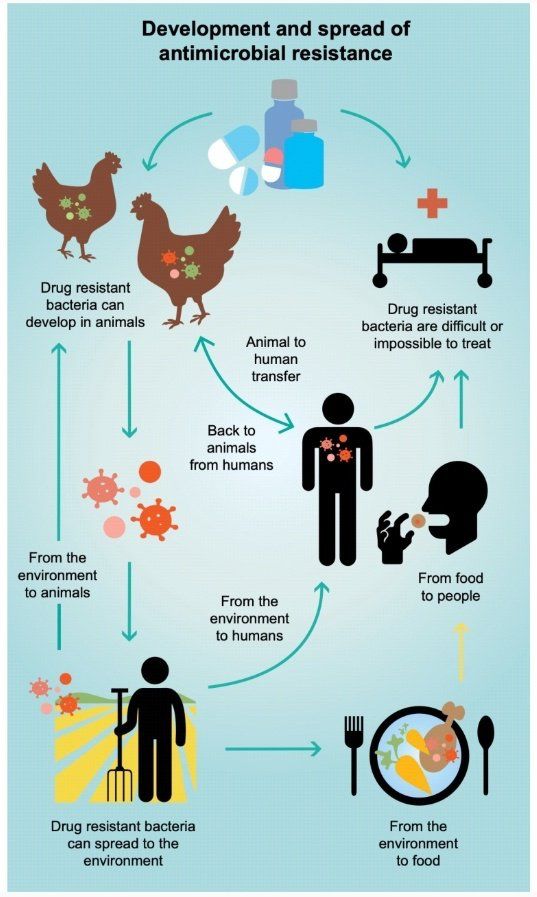
The misuse and overuse of antimicrobials; a lack of access to clean water, sanitation, and hygiene (WASH) for both humans and animals; poor infection and disease prevention and control in health-care facilities and farms; a lack of access to quality, affordable medicines, vaccines, and diagnostics; a lack of awareness and knowledge; and a lack of legislative enforcement are the main drivers of antimicrobial resistance.
According to Professor Lawrence Mugisha, an Associate Professor in the College of Veterinary Medicine, Animal Resources & Biosecurity (COVAB), his team was inspired to create the Animal Disease and Information System because antimicrobial resistance is now a major global health and development threat in humans and livestock.
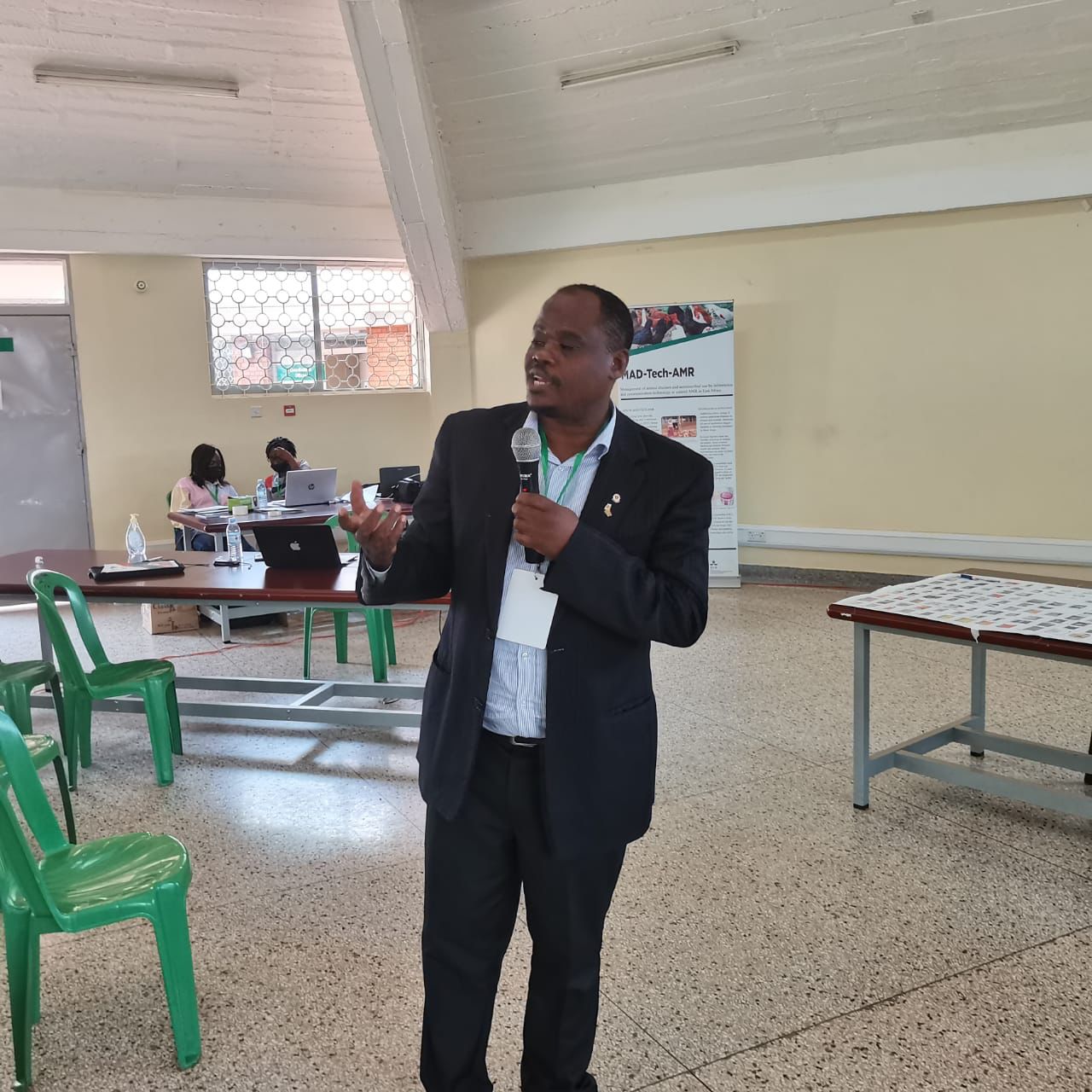 Lawrence Mugisha -an Associate Professor, College of Veterinary Medicine, Animal Resources & Biosecurity (COVAB)
Lawrence Mugisha -an Associate Professor, College of Veterinary Medicine, Animal Resources & Biosecurity (COVAB)
He made the remarks while speaking to project stakeholders at a stakeholder workshop of the project titled: Management of animal diseases and antimicrobial use by information and communication technology in East Africa (Madtech Project).
“When we went to the field, we found that AMR is affected by many factors. Farmers use inappropriate drugs and inappropriate handling of birds which causes sickness again. We also found that some vets and agrovets don’t know the type of drugs to give farmers for their livestock,”
“Additionally, we found that farmers can’t access vets conveniently and in proximity. All these gaps inspired us to work on a system so that farmers who can’t access vet services will be able. The service is free of charge. The app will be rolled out soon with Wakiso as pioneer district,” the professor said.
In the platform developed by the researchers;
• Different users like farmers(farmers, agrovets, vets) can download the application, register and
log in
• After logging in, they can report a disease or browse disease symptoms or share drug usage details on their farms
• Access is through smartphones, computers, laptops
• Real-time processing of data is possible for users to visualize: agrovets- drugs sold, farms –
disease history etc.
On the Uniqueness of the developed system, Professor Mugisha revealed that many stakeholders can engage just like they do on other platforms like WhatsApp, policymakers can monitor drug use, know which drugs are being bought and the reason, and follow disease trends around livestock.
Additionally, farmers report diseases on the platform and get help in real-time from Agrovets and vets.
As part of the study, researchers found the following ;
• Antibiotics were the most used drug by livestock farmers followed by dewormers. More so respiratory related infections was the most reported case followed by digestive problems like diarrhea. The most used antibiotic by farmers was Oxytetracycline Hydrochloride and procaine.
• 50.2% of the farmers were female and 21.4% had attained a degree. Their mean age was 37.5 years. Most of the farmers specialized in Economics and business-related studies followed by those with no specific field of study.
Majority of the farmers were funded by project owners (78.95%) and household members (16.14%). There were mainly managed by hired labor (44.56%) and household members (33.33%).
• Worms and Typhoid were reported to be the biggest threat in regards to the health status of birds.
• In terms of Management Practices, regular cleaning and disinfection were highly practiced by farmers.
• Most farmers bought drugs from VET Shops and also consulted VETs.
• In regards to IT use, 97% of the farmers, and 100% of drug sellers and feed dealers have mobile phones; 69% of farmers had smart phones and were MTN and Airtel subscribers, and most too used the internet daily.
• 70% of the veterinary doctors wished to call farmers.
• WhatsApp platforms and Facebook were the most commonly used online Channels.
In his remarks about the developed system, Dr Kiwango Andrew- the District Veterinary Officer,
Wakiso District branded the innovation as a very key tool when doing surveillance around AMR.
“With technology, we have a tool that can help us trace drug usage, animal response to drugs and also diseases affecting them “ We’re grateful to the funders and Makerere University led by Professor Mugisha for considering Wakiso as a pilot District “ he added in gratitude.
Ssenkeera from The Ministry of Agriculture, Animal Industry and Fisheries in his remarks said the project will provide the ministry with policy actions towards the control of AMR through guiding farmers on how to use antimicrobials to control bacterial infections in poultry. ‘’The project can be used as aa model since it has a component of ICT with real time data which can guide how to intervene
When you collect data on time, it will show you the trends of drug use, the trends of diseases and then you can tell whether the drugs being used are the right drugs for those particular diseases,’’ he explained.
He equally reaffirmed the Ministry of Agriculture, Animal Industry and Fisheries’ willingness and commitment to always work together with Makerere University Especially College of Veterinary Medicine, Animal resources and Biosecurity (CoVAB).




